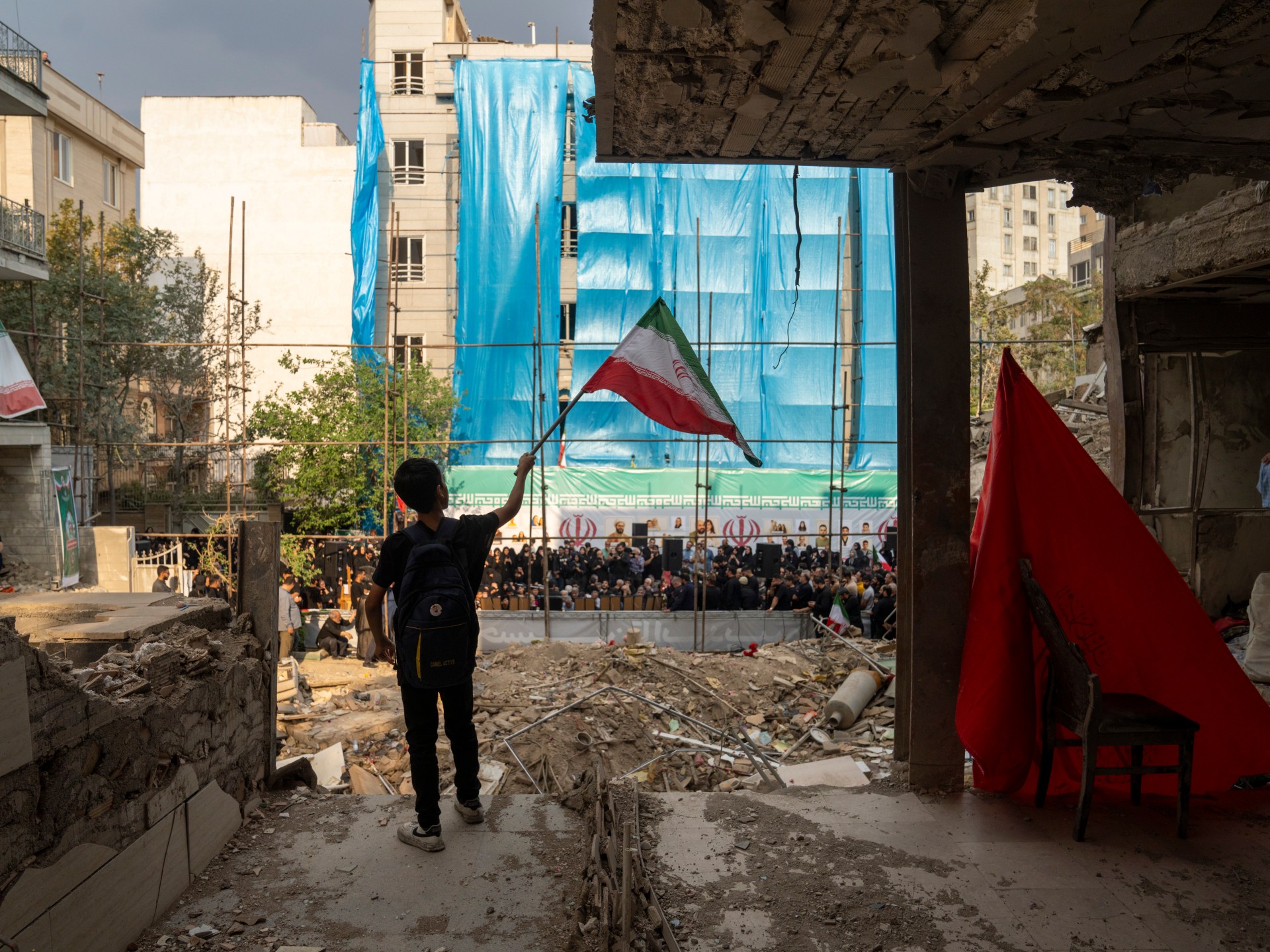Iran has stated that its landmark 10-year agreement with the world powers has ended, and that it is no longer subject to restrictions on its nuclear program. Tehran also reiterated its “commitment to diplomacy.”
The Iranian government’s Ministry of Foreign Affairs said in a statement on Saturday, the day the pact’s expiration, that “all of the provisions] of the 2015 deal,” including the restrictions on the Iranian nuclear programme and the related mechanisms, are considered to be terminated.
Recommended Stories
list of 4 itemsend of list
Iran further stated that it “firmly commits itself to diplomacy.”
The UN Security Council’s “termination day” for the agreement was set for exactly ten years after it was adopted.
Iran’s nuclear program was put on hold in exchange for restrictions under the international sanctions that were imposed under the Joint Comprehensive Plan of Action (JCPOA), which was signed by the country’s leaders.
However, during President Donald Trump’s first year in office, Washington unilaterally terminated the agreement and reinstated sanctions. Then, Tehran began stepping up its nuclear program.
The United Kingdom, Germany, and France have all yet failed in negotiations to revive the agreement, leading to the re-imposition of UN sanctions in August.
According to Arms Control Association expert Kelsey Davenport, “Termination day has little meaning because of snapback.”
The nuclear deal had been “lifeless” for years, according to Ali Vaez, the project director for Iran for the International Crisis Group, but “its sorry fate continues to cast a shadow over the future,” Vaez claimed.
Iran has long been accused of attempting to acquire nuclear weapons by Western powers and Israel, a claim Tehran refutes.
This year, neither US intelligence nor the International Atomic Energy Agency (IAEA) disclosed any proof that Iran was pursuing atomic weapons.
Iran and other world powers are currently at a standstill in nuclear negotiations.
Given its past relationship with President Trump, Iran is still skeptical about the value of a bilateral relationship, according to Vaez, who spoke to AFP.
Trump vowed to reach an agreement on the matter with Iran on Monday, but emphasized that Tehran was the site.
Tehran has repeatedly vowed to pursue diplomatic relations with the US, as long as Washington offers assurances against military action at any potential discussions.
In a 12-day war that hit nuclear sites, the US joined Israel and attacked Iran, killing more than 1, 000 Iranians, including hundreds of civilians, and causing billions of dollars in damage.
President Masoud Pezeshkian signed a law in early July that suspended all cooperation with the UN nuclear watchdog and prompted inspectors to leave the country because they were angry that the IAEA did not condemn the attacks and accusing the agency of “double standards.
The IAEA, on the other hand, expressed concern that Iran’s nuclear stockpile has not been verified since the start of the conflict.
The three European countries last week made the announcement that they would try to restart discussions in order to reach a “comprehensive, durable, and verifiable agreement.”
Source: Aljazeera

Leave a Reply